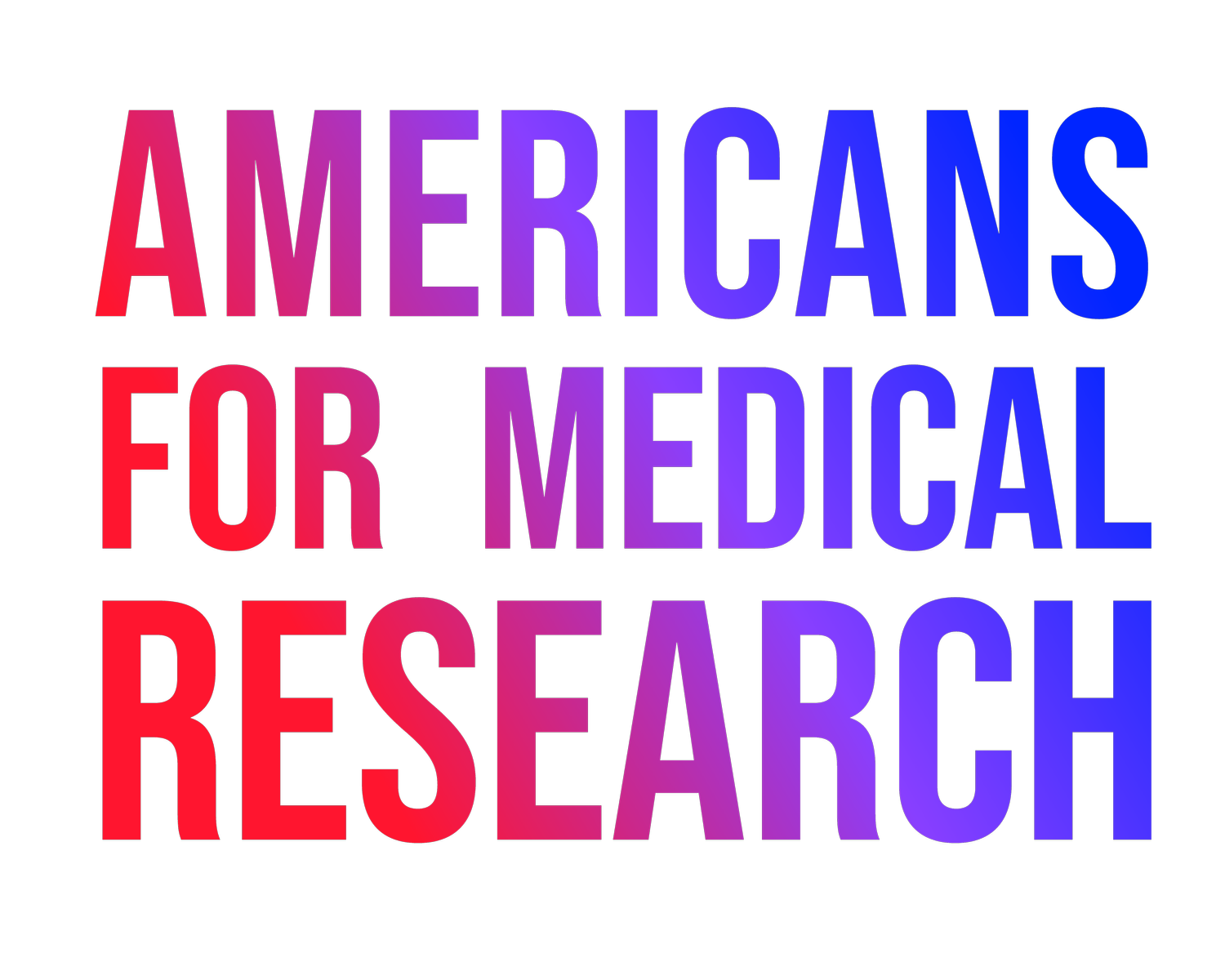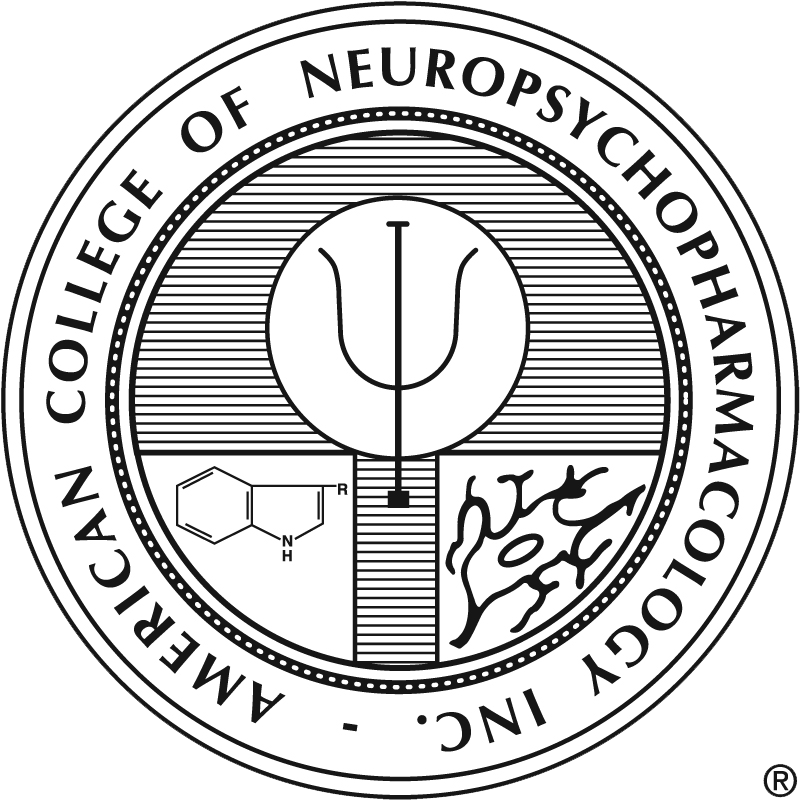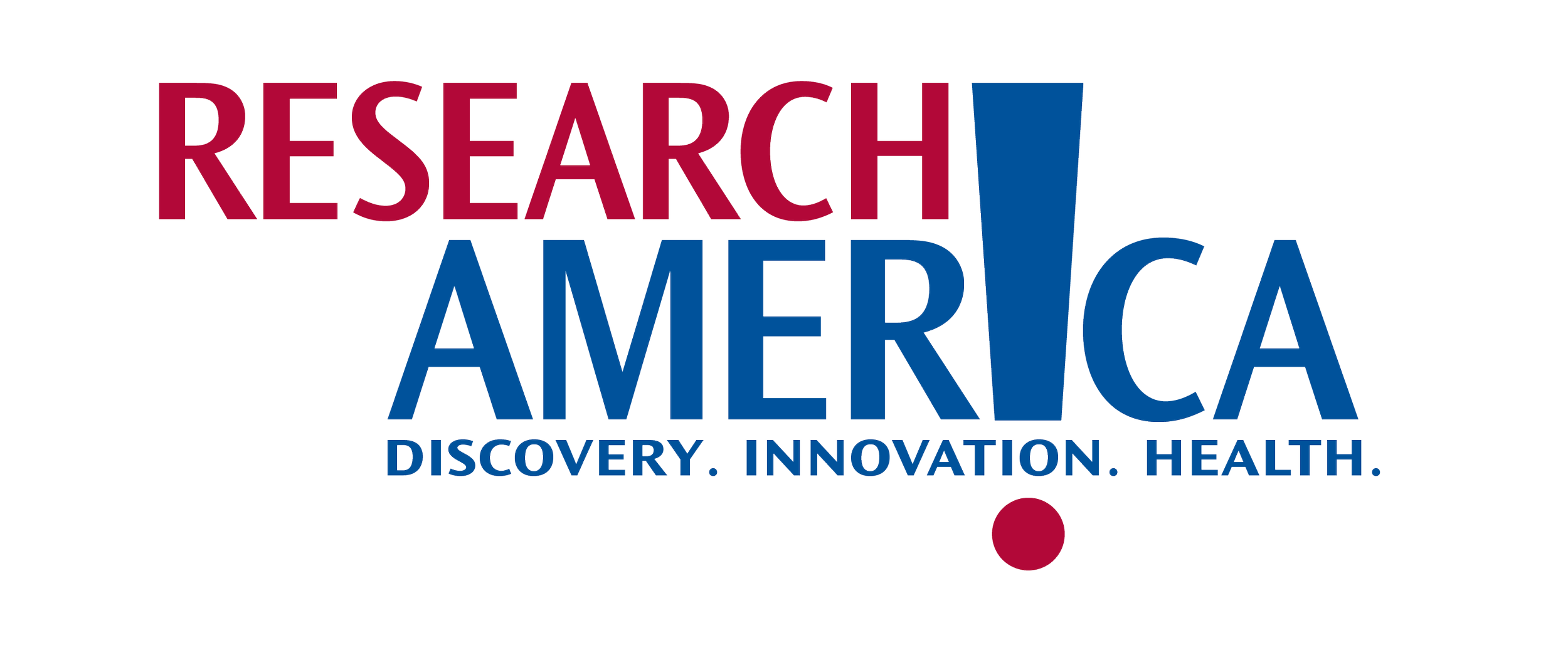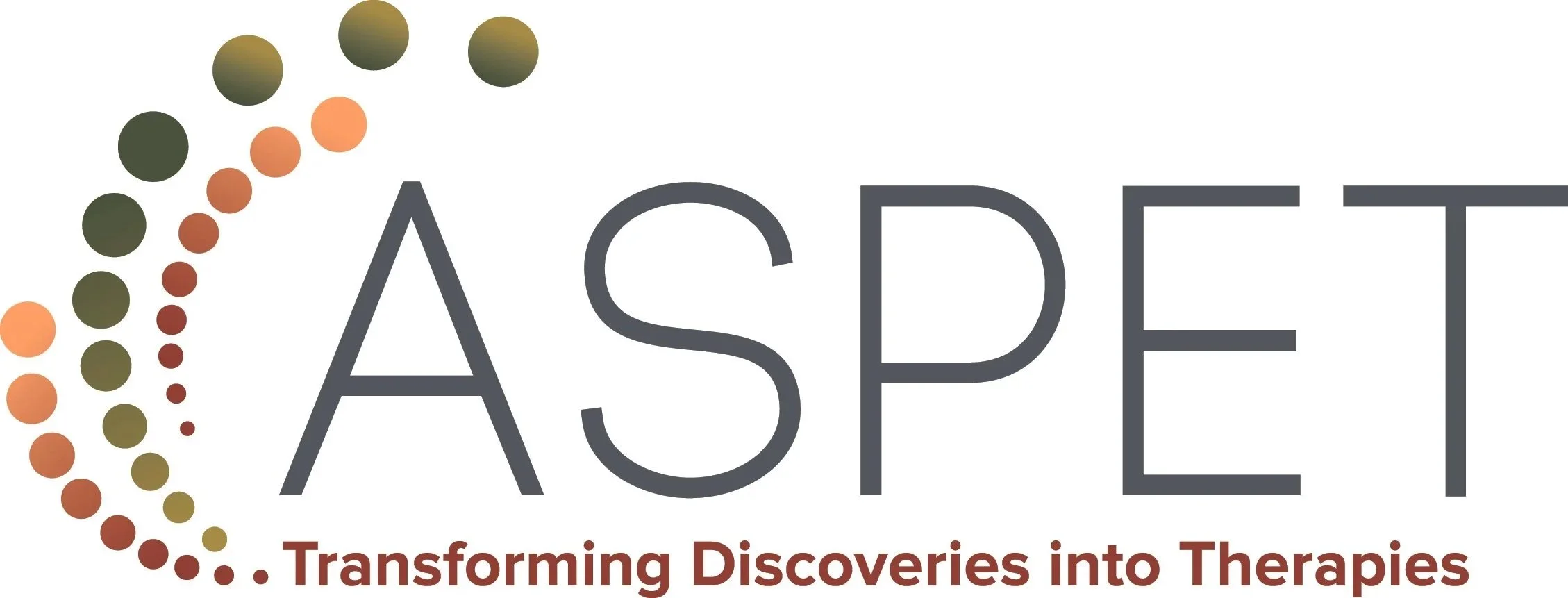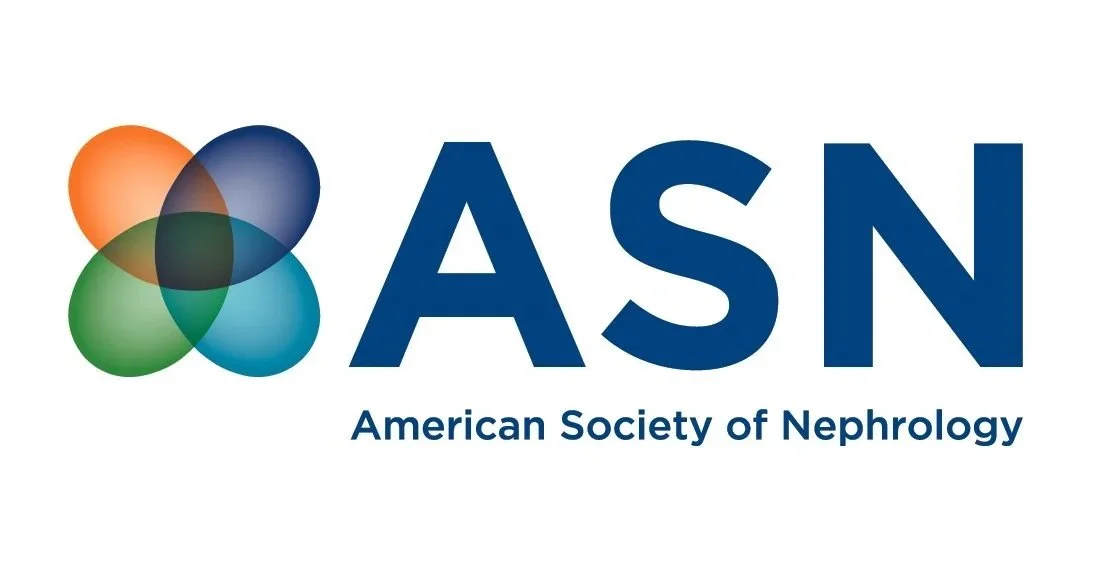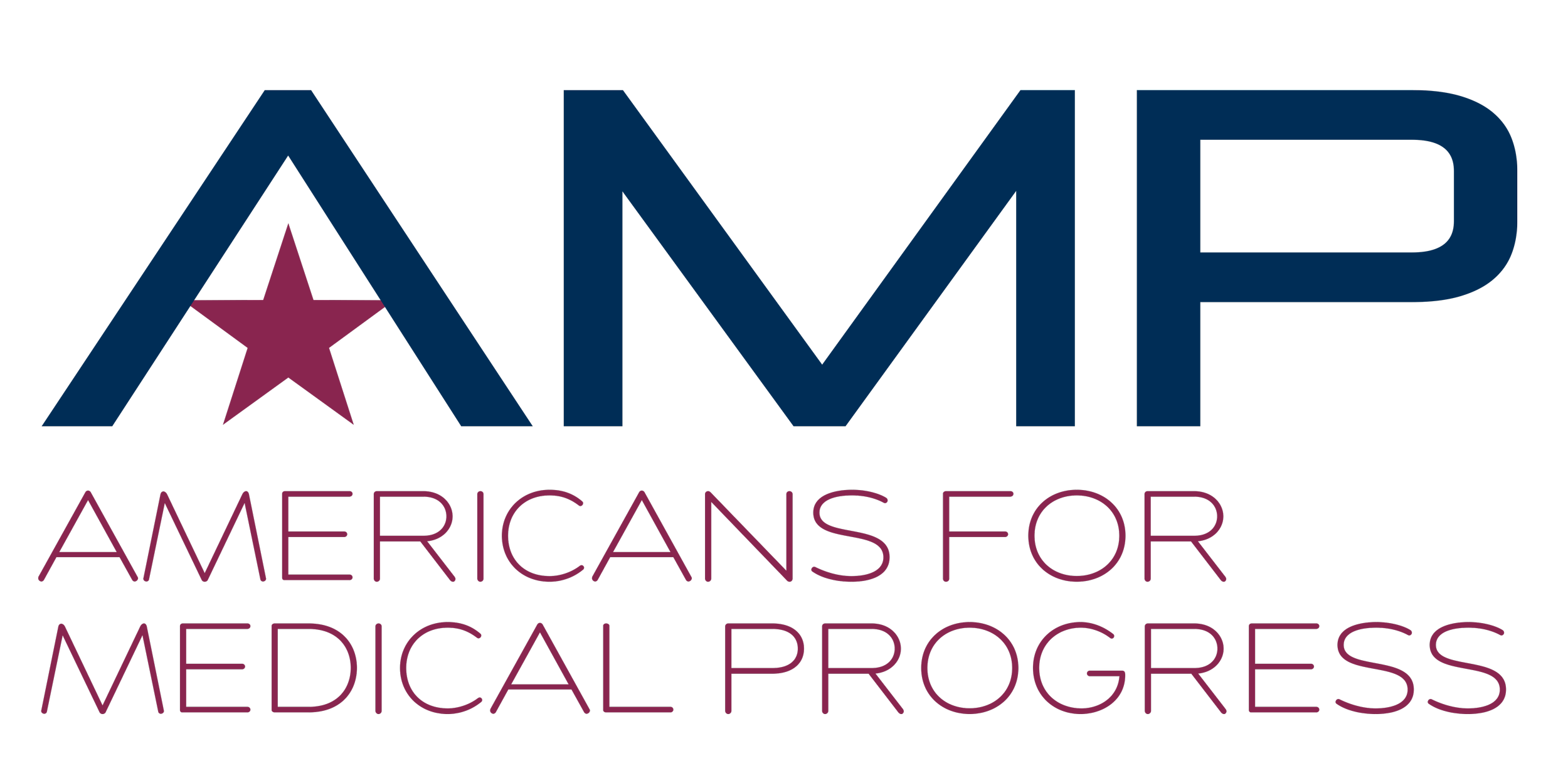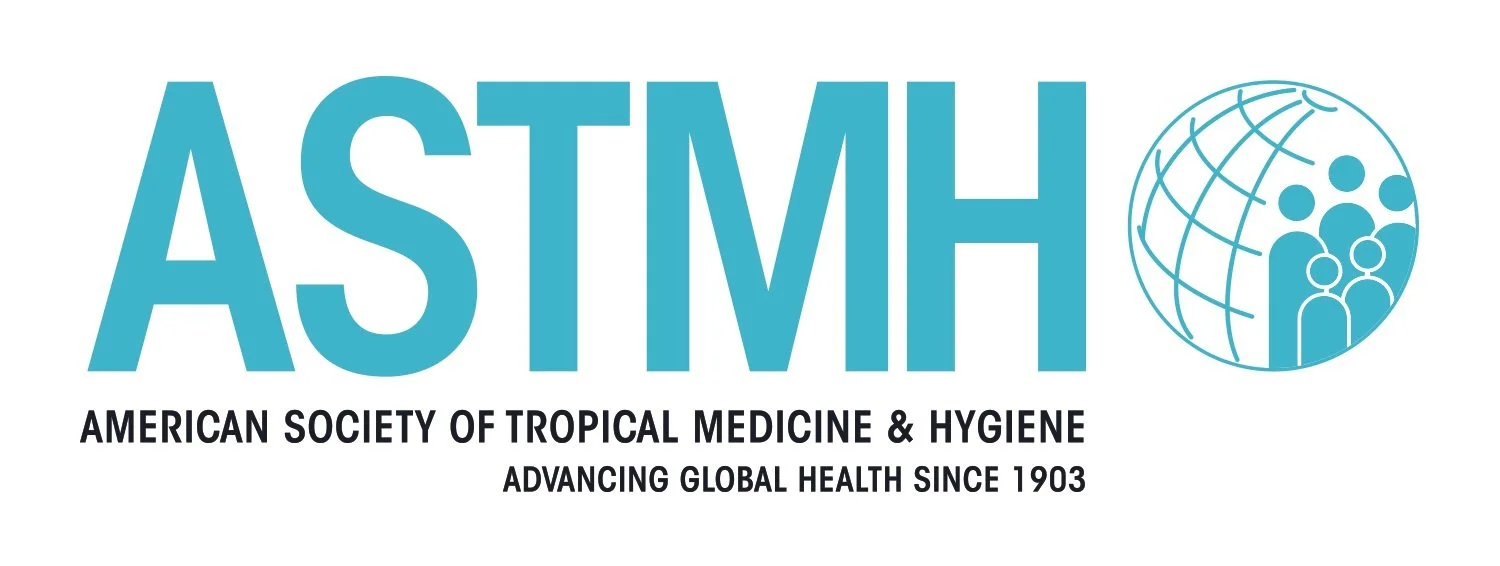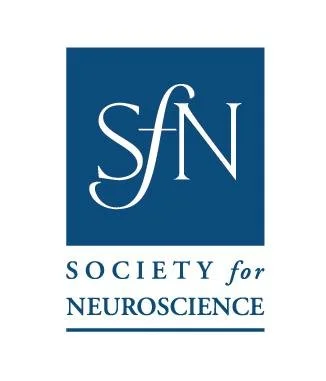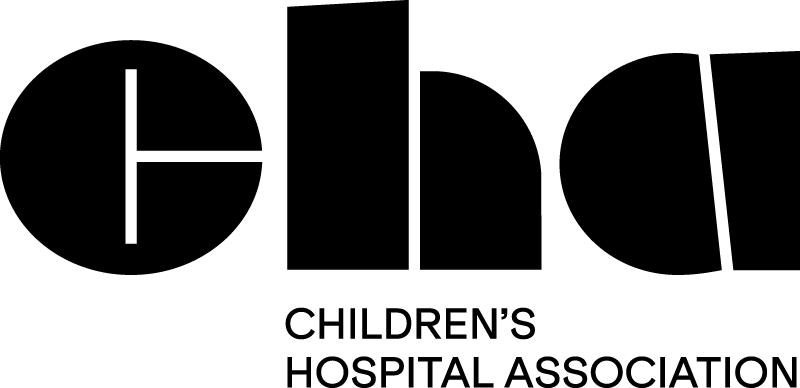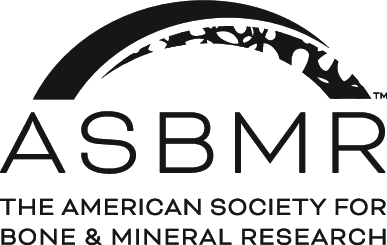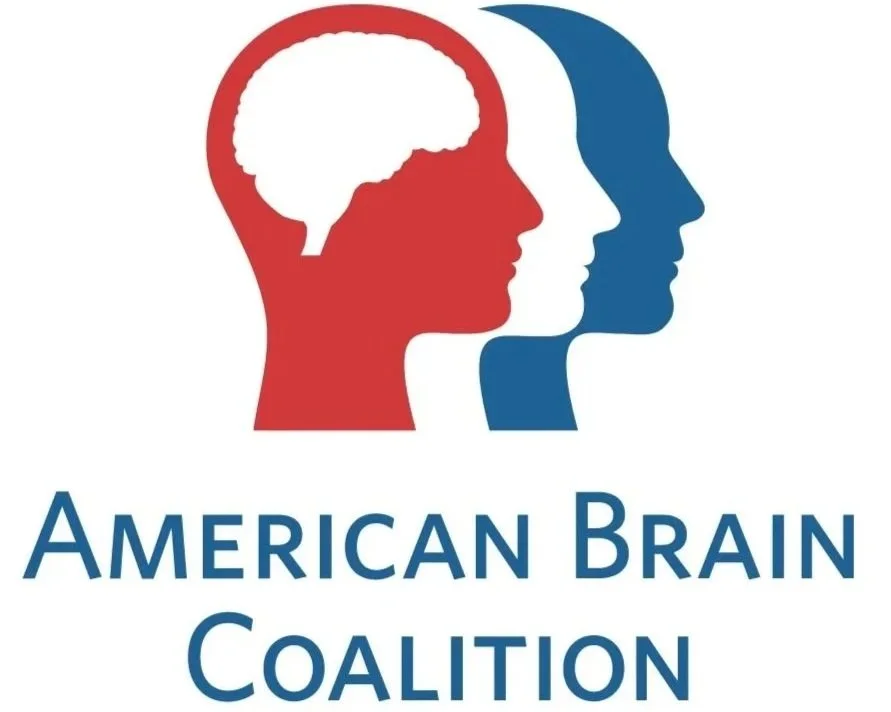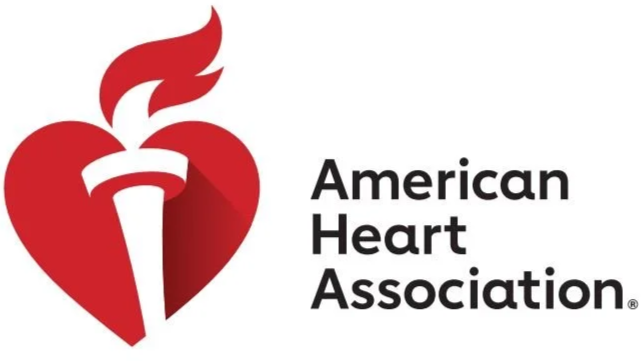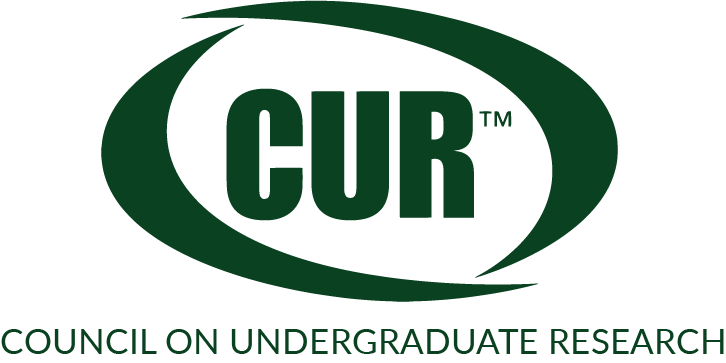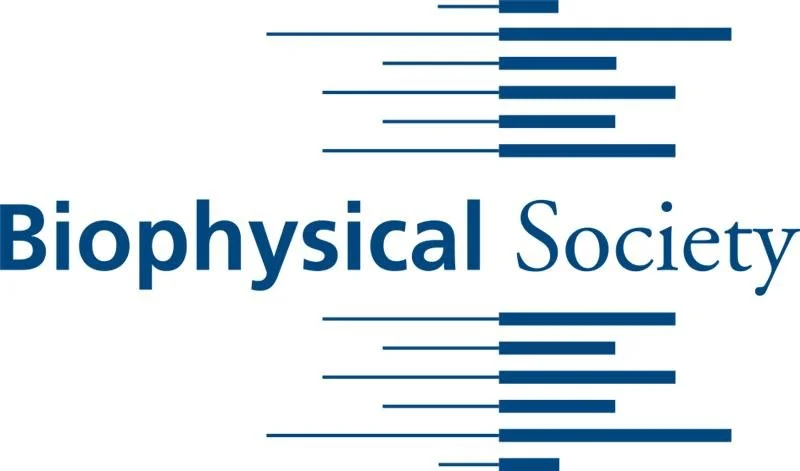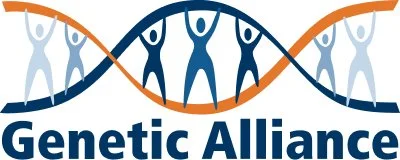
American Medical Research Saves Lives
Welcome to Americans for Medical Research. This non-partisan campaign unites scientific societies, patient advocates and other stakeholders to educate the public about the critical importance of federal funding for medical and health research at NIH.
If you live or work in Kansas, North Carolina, Pennsylvania and Utah, we want to hear from you and possibly feature you and your research in local press!
Media training will be provided and anonymity is an option.
Please click on your state below for more information.
For all science society members, we will soon have sample op eds, letters-to-the-editor and social media posts you can target to your individual communities as well as messages to your members of Congress. Stay tuned!
We can make a difference together!
Americans Depend on NIH-Funded Research
Communications Toolkit
The work of scientists and researchers often goes unheralded, but here is your opportunity to change that.
Over the last century, NIH-funded research has led to lifesaving treatments and has improved the quality of life for countless Americans living with heart disease, diabetes, cancer, and more. To keep up this lifesaving progress, join Americans for Medical Research, a campaign urging robust federal investment in medical and health research.
Use this toolkit to help communicate the value of your work to the public and support this campaign. Together, we can advocate for science and support the millions of Americans who depend on NIH-funded research. Let’s get to work and make your voice heard!
Keep Up the Progress
Kids with cancer, seniors with Alzheimer’s and families looking for answers are counting on NIH-funded clinical trials and research. Each year, thousands of children join NIH-backed cancer trials, and more than 230 Alzheimer’s trials are underway with treatments now able to help slow the disease in its early stages. We’re closer than ever to breakthroughs that could help millions of Americans
-
We are seeking researchers and patients who live or work in Kansas to share their stories about how they have been affected by NIH funding cuts and budget uncertainty. We will use these stories as part of a coordinated campaign in our target states to raise awareness about what’s at stake when federal support for medical and health research is in doubt.
We are also interested in stories which illustrate to the public why federally funded medical and health research is crucial. How will your research contribute to our understanding of a specific disease, condition or public health challenge? How will your research potentially take us closer to a new treatment and improvements in health?
If you or someone you know is willing to participate in media interviews, speak publicly, and/or post on social media about the impact of these proposed funding cuts, please fill out this form. Stories may be featured in press releases and across online platforms.
We recognize some individuals may require anonymity to discuss impacts publicly, our team can work to keep your story anonymous. If you have any questions, please reach out to nihstories@skdknick.com. -
We are seeking researchers and patients who live or work in North Carolina to share their stories about how they have been affected by NIH funding cuts and budget uncertainty. We will use these stories as part of a coordinated campaign in our target states to raise awareness about what’s at stake when federal support for medical and health research is in doubt.
We are also interested in stories which illustrate to the public why federally funded medical and health research is crucial. How will your research contribute to our understanding of a specific disease, condition or public health challenge? How will your research potentially take us closer to a new treatment and improvements in health?
If you or someone you know is willing to participate in media interviews, speak publicly, and/or post on social media about the impact of these proposed funding cuts, please fill out this form. Stories may be featured in press releases and across online platforms.
We recognize some individuals may require anonymity to discuss impacts publicly, our team can work to keep your story anonymous. If you have any questions, please reach out to nihstories@skdknick.com. -
We are seeking researchers and patients who live or work in Pennsylvania to share their stories about how they have been affected by NIH funding cuts and budget uncertainty. We will use these stories as part of a coordinated campaign in our target states to raise awareness about what’s at stake when federal support for medical and health research is in doubt.
We are also interested in stories which illustrate to the public why federally funded medical and health research is crucial. How will your research contribute to our understanding of a specific disease, condition or public health challenge? How will your research potentially take us closer to a new treatment and improvements in health?
If you or someone you know is willing to participate in media interviews, speak publicly, and/or post on social media about the impact of these proposed funding cuts, please fill out this form. Stories may be featured in press releases and across online platforms.
We recognize some individuals may require anonymity to discuss impacts publicly, our team can work to keep your story anonymous. If you have any questions, please reach out to nihstories@skdknick.com. -
We are seeking researchers and patients who live or work in Utah to share their stories about how they have been affected by NIH funding cuts and budget uncertainty. We will use these stories as part of a coordinated campaign in our target states to raise awareness about what’s at stake when federal support for medical and health research is in doubt.
We are also interested in stories which illustrate to the public why federally funded medical and health research is crucial. How will your research contribute to our understanding of a specific disease, condition or public health challenge? How will your research potentially take us closer to a new treatment and improvements in health?
If you or someone you know is willing to participate in media interviews, speak publicly, and/or post on social media about the impact of these proposed funding cuts, please fill out this form. Stories may be featured in press releases and across online platforms.
We recognize some individuals may require anonymity to discuss impacts publicly, our team can work to keep your story anonymous. If you have any questions, please reach out to nihstories@skdknick.com.
Share Your Story
Heart Disease: prevention strategies have led to a 67.6% decrease in deaths.
Opioid Use Disorder: the development of a drug to treat the disorder has reduced the risk of dying from successive overdoses by 38%.
Breast Cancer: the five-year survival rate for breast cancer has risen from 75% to 99% when caught early.
Childhood Cancer: the development of chemotherapy has increased childhood cancer survival rates from 5% to 85%.
Thanks to NIH research, groundbreaking treatments and therapies have prolonged people’s lives and dramatically improved their quality of life.
Imagine What’s Possible with Investments in Scientific Research
Imagine what could be possible if we continue to invest in medical research and make even more progress on the diseases that impact American families every day.
“Many formerly debilitating and fatal chronic diseases, genetic conditions and cancers are now curable or manageable thanks to medical innovation. Treatments that would once have been miraculous are commonplace.”
- Sen. Bill Cassidy (R-LA)
Taskforce Members
Supporters
News
-
Allyson Chiu | 11.17.25
Amy Nunn and Philip Chan had just started to enroll participants in a federally funded clinical trial for HIV prevention when their work came to an abrupt halt in early March.
“I panicked,” said Nunn, CEO of the nonprofit Rhode Island Public Health Institute, whose research was focused on Black and Hispanic men and their use of the preventive medication for HIV known as pre-exposure prophylaxis, or PrEP. “I was worried we might lose everything.”
-
Chris Sciamanna | 11.16.25
When older adults lose their ability to walk, it’s a drain on their lives. It’s also a drain on taxpayers.
That’s because Medicaid, the joint federal-state health care program for people with low incomes, pays the lion’s share of the bill for nearly two-thirds of nursing home residents nationwide. And lack of mobility — being unable to walk or climb stairs — is one reason many people move into nursing homes.
-
Aubrey Whelan | 11.13.25
The record-breaking federal government shutdown marked yet another impediment to scientific research efforts at the Wistar Institute this year.
After a year in which federal research funding was thrown into uncertainty, with funding freezes and canceled grants, the shutdown meant that the National Institutes of Health were not able to review grant proposals from scientists around the country.
-
Bill Whitaker, Aliza Chasan, Sarah Koch & Amanda Winograd-Schnir | 11.9.25
SAlyssa Tapley was 13 when doctors told her she was going to die.
She was diagnosed with a rare form of leukemia and had endured a year of failed treatments, including chemotherapy and a bone marrow transplant, when her doctors said they had run out of options. They were talking about end-of-life care when Tapley begged them not to give up on her.
-
Suzanne King | 11.3.25
Every year, the University of Kansas Cancer Center must file a report with the National Cancer Institute in order to get its annual grant allotment.
This year that typically routine report, known in research jargon as a noncompeting renewal, was repeatedly rewritten. Triggering words targeted by the Trump administration had to be eliminated before a $2.8 million allocation was finally funneledto the cancer center in mid-September, two months later than expected.
